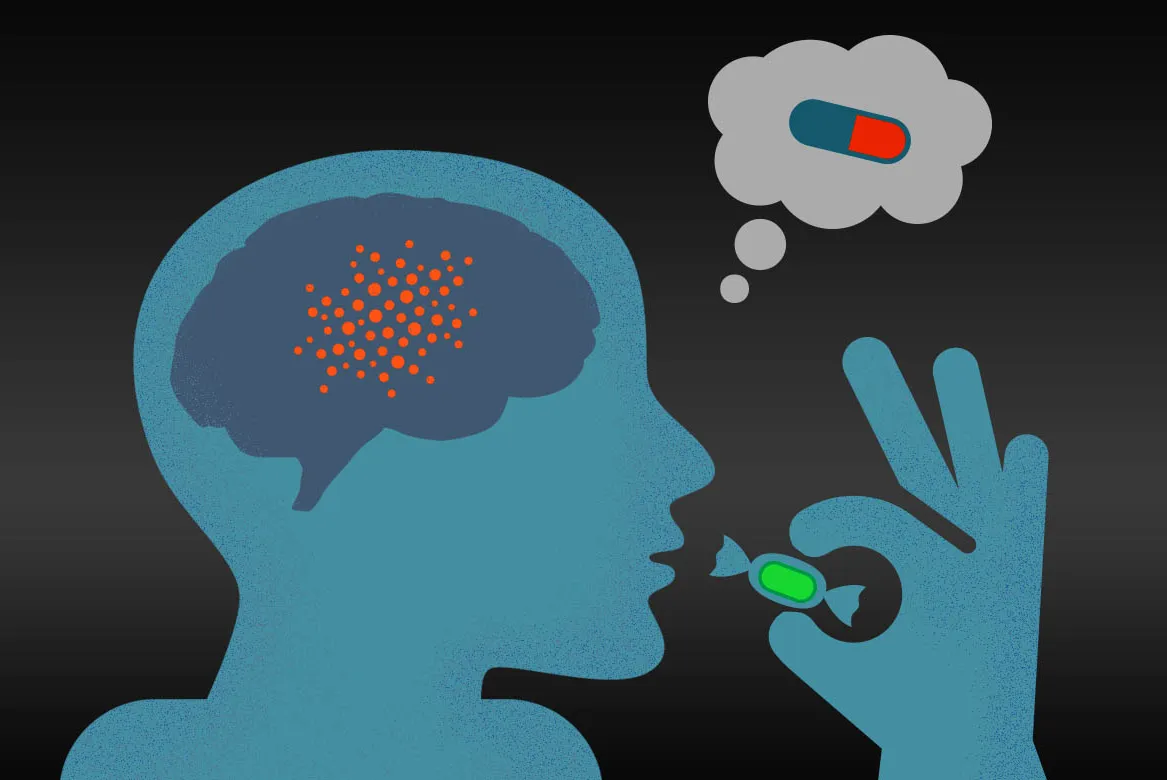The placebo effect is a fascinating phenomenon where a person’s belief in a treatment can lead to real, measurable improvements in their health. This effect demonstrates the powerful connection between the mind and body, showing that sometimes, believing in your treatment can make it work better. Let’s explore the science behind the placebo effect and understand why it is considered real medicine.
Understanding the Placebo Effect
The placebo effect occurs when a person experiences a beneficial health outcome after receiving a treatment that has no therapeutic value. This effect is not just about positive thinking; it involves complex neurobiological reactions that can lead to real changes in the body1. The placebo effect has been observed in various conditions, including pain management, depression, and even Parkinson’s disease1.
The Role of Expectations
One of the key factors driving the placebo effect is the patient’s expectations. When people believe that a treatment will help them, their brain releases neurotransmitters like endorphins and dopamine, which can reduce pain and improve mood2. This expectation can be influenced by various factors, including the appearance of the treatment, the demeanor of the healthcare provider, and previous experiences with similar treatments2.
Classical Conditioning
Classical conditioning also plays a role in the placebo effect. This type of learning occurs when a person associates a particular stimulus with a specific response. For example, if someone has taken a pill for pain relief in the past, they may experience pain relief even when taking a placebo pill that looks similar3. This learned association can trigger the body’s natural healing processes.
Real-World Applications
The placebo effect is not just a curiosity; it has real-world applications in medicine. Here are some ways it is utilized:
Pain Management
Placebos have been shown to be particularly effective in managing pain. Studies have found that patients who believe they are receiving pain medication can experience significant pain relief, even when given a placebo4. This effect is so powerful that it is often used in clinical trials to test the efficacy of new pain medications.
Depression and Anxiety
The placebo effect also plays a significant role in the treatment of depression and anxiety. Patients who believe they are receiving effective treatment often report improvements in their symptoms, even when given a placebo5. This highlights the importance of patient expectations and the therapeutic relationship between patients and healthcare providers.
Enhancing Treatment Outcomes
Healthcare providers can harness the placebo effect to enhance treatment outcomes. By fostering a positive and supportive environment, providers can boost patients’ confidence in their treatment, leading to better health outcomes6. This approach emphasizes the importance of the mind-body connection in healing.
The Science Behind the Placebo Effect
Neurotransmitter Release
The placebo effect involves a complex interplay of psychological and physiological factors. Here are some key mechanisms:
Belief in a treatment can trigger the release of neurotransmitters like endorphins and dopamine, which play a crucial role in pain relief and mood regulation2. These chemicals help reduce the perception of pain and improve overall well-being.
Brain Activity
Studies using brain imaging techniques have shown that the placebo effect can alter brain activity in regions associated with pain perception, emotional regulation, and self-awareness1. This suggests that the brain’s response to placebos is similar to its response to active treatments.
The Power of Ritual
The ritual of receiving treatment, including the interaction with healthcare providers and the act of taking medication, can enhance the placebo effect1. This ritualistic aspect helps reinforce the belief in the treatment’s efficacy, leading to better outcomes.
Conclusion
The placebo effect is a powerful demonstration of the mind-body connection. Believing in your treatment can lead to real, measurable improvements in health, making the placebo effect a form of real medicine. By understanding and harnessing this effect, healthcare providers can enhance treatment outcomes and improve patient well-being. So, the next time you receive a treatment, remember that your belief in its effectiveness can play a crucial role in your healing process.





